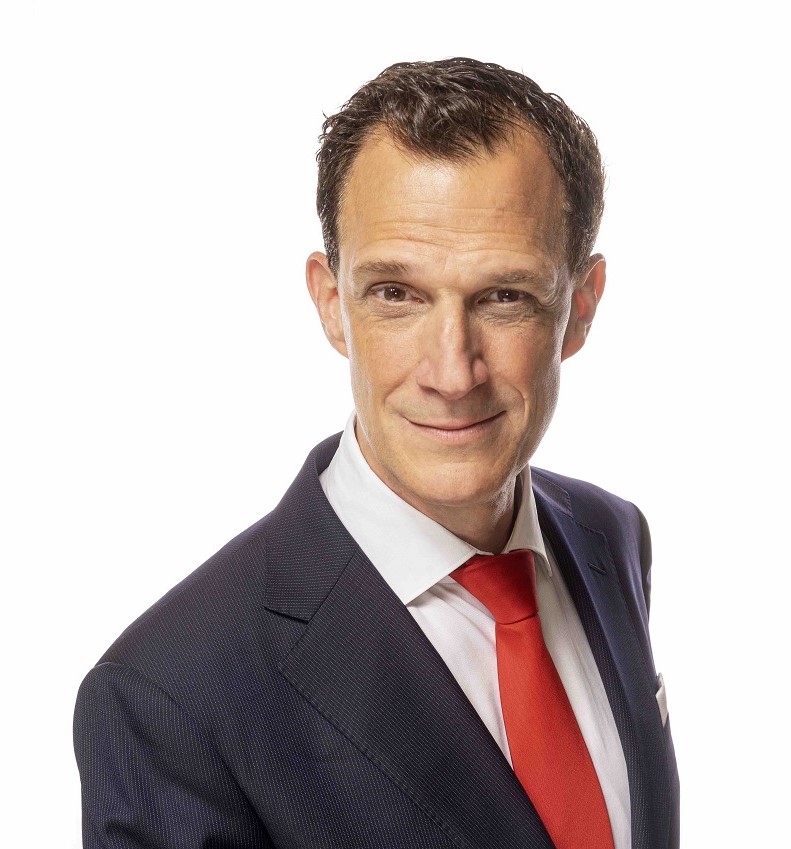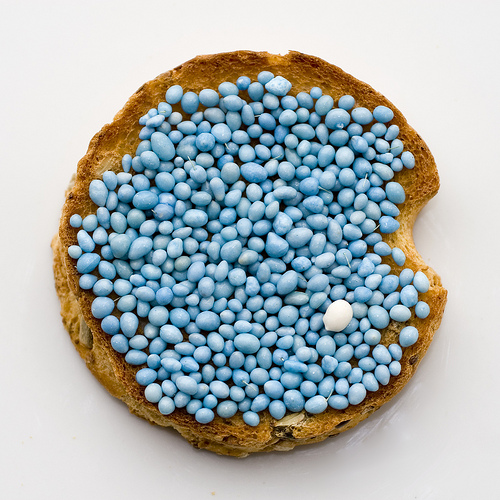The Netherlands has one of the strongest economies in the world. For such a small country this is quite a feat. There are many factors that contribute to making the Dutch economy thrive. It has a wide variety of economic sectors that contribute to its strength and global reputation. They range from natural gas, to restaurants, to tulips. You can read about them on this page. Plus, you can learn how this little country draws in so many skilled expats, like you!
The strength of the Dutch Economy
The Dutch economy is small, but powerful:
- The Netherlands is a country that exports one of the worlds largest volumes of goods. Globally, it is in the top 10 for this category
- Holland also ranks in the world’s top twenty for GNP
- This is very impressive given that, in terms of square kilometers, it is one of the smallest countries in the world! It only has a population of 17.9 million
- Having said this, in terms of population density, it is on a par with countries like India and Japan
How does this little country manage to remain so dominant on the global economic stage?
Transportion Infrastructure in NL
The Netherlands has an advanced transportation infrastructure. This is part of the reason it is such a big economic player:
- The port of Rotterdam is the largest European seaport in the world, in terms of container activity
- Schiphol Airport is the third largest airport in Europe
- The country has an advanced telecom infrastructure
- It has an extensive, high-speed railway network
NL is the Gateway to Europe
The points listed above contribute to why the Netherlands is thought of, and often described as, ‘the gateway to Europe’. There are other reasons too:
- Traditionally, other countries are eager to invest in the Netherlands
- The huge investments that have been made in the Dutch economy and Dutch companies, over several years, are evidence of this
- This willingness to invest is largely due to the country’s stable and flexible work environment
- The ‘Poldermodel’ has a lot to do with this
- Holland’s central geographic location and its well-educated multilingual work force have helped as well
The Dutch ‘Randstad’
The Randstad is the area of the Netherlands that stretches over Amsterdam, The Hague, Rotterdam and Utrecht. This is how it contributes to the strength of the Dutch economy:
- After Paris, London and Milan, the Randstad is the largest economic urban area in the EU, in terms of gross domestic product
- This is largely due to the strong financial and commercial services it has
- Such services happen to be some of the key motors of Dutch economy
Why Expats are Drawn to NL
Individuals who travel through the Netherlands are often enticed to relocate and find a job there. Perhaps this happened to you!
- They are impressed and inspired by the opportunities the country offers its workers
- This became more common after the frontiers within the European Union opened
- The Dutch government has also introduced a number of tax measures, aimed at making the Netherlands more attractive for non-Dutch nationals to come and work here
- The government recognizes the value of having top-notch specialists in the country, who can contribute to the knowledge pool and economy of the Netherlands
- Employers and employees now have to navigate their way through far less bureaucratic red tape than they used to, in order to obtain the necessary papers to come here
 Side Note
Side Note
Flaws in the Dutch Economy
- The economy of the Netherlands is relatively resilient
- Still, Holland is a country of trade
- This means that the health of its economy is dependent on the that of the rest of the world
- If there is a drop in the world economy, the Netherlands will not be affected too quickly. However, it will not bounce back particularly fast either
- This is due to the relatively high costs of labor in Holland. A lot of the country’s capital goes into wages and pension premiums
Key Sectors in the Dutch Economy
Machinery and transportation equipment are some of the most important trade commodities for the Netherlands. They are closely followed by chemical and mineral products. Here is a list of other dominant sectors of the Dutch economy:
- Services: This is the Netherlands’ most dominant sector. It accounts for approximately two thirds of both the country’s GNP and its work force
- Mineral extraction: The production of natural gas is an especially large sector in Holland
- The restaurant sector
- Trade
- Repair services
- Healthcare and related services
- Agriculture and food: this sector generates approximately 10% of the country’s GNP. 75% of agricultural produce is exported from the Netherlands
- Chemicals: The Dutch economy benefits greatly from the fact that the world’s largest chemical companies are based in Holland
- High-tech goods: The Netherlands is one of Europe’s largest supplier. They are aimed at both the industrial and the consumer market
Oil and Gas in NL
- As we mentioned earlier, the Netherlands is Europe’s second largest producer of natural gas. It has large reserves in the north of the country
- Rotterdam imports and refines huge amounts of crude oil too
- The oil is shipped to the rest of Western Europe
- Thanks to these offshore installations and refineries, the Netherlands has many activities in the oil and gas industries
- It has strong research and development technology
- A specialized construction industry is another thing the country is proud of
 Side Note
Side Note
Dutch Tulips
The Netherlands is, of course, famous for its tulips! But what is the relationship between these lovely flowers and the Dutch economy?
- The Netherlands exports 4 billion flower bulbs a year, most of which are tulips
- 60% of these go to Germany, the UK, France and Japan, though the U.S. is their top destination
- 900 million bulbs make their way across the Atlantic per year!
Welfare in NL
- The Netherlands a wealthy country
- It has a high per capita GDP
- Social security measures boost this
Dutch residents are, therefore, guaranteed a minimum income, health care and education
 Side Note
Side Note
Statistics & Facts about the Netherlands
- The total land surface area of the Netherlands is 33,948 km2/21,218 m. This excludes all inland and territorial waters wider than 6 meters/20 feet. If all the water surface area is included, the Netherlands has an area of 41,526 km2/25,954 mi2
- The Netherlands’ North Sea coastline is longer (642 km) than its border with either Belgium (407 km) or Germany (556 km)
- About 60% of the population lives below sea level
- The highest point in the Netherlands is the Vaalserberg in the province of Limburg. It is 321 meters/1,053 feet above sea level
- The lowest point in the country is 6.76 meters/22.18 feet below sea level. It is in the Prince Alexander Polder, northeast of Rotterdam (Nieuwerkerk a/d IJssel)
- Head of State: King Willem-Alexander
- Type of state: constitutional monarchy
- Seat of government: The Hague
- Capital: Amsterdam
- Population: 17.9 million
- ‘Non-Western’ non-native Dutch: 2.1 million
- ‘Western’ non-native Dutch: 1.66 million
- Number of households: 8.3 million
- Average life expectancy for men born now: 80 years, for women: 83 years
- Population growth: 220,000
- Labor force: 9,7 million
- Unemployment: 364,000
- Unfit for work: 798,800
- No. of jobs: 10 million
- No. of self-employed persons: 1.2 million
- Budget surplus: 0.4%
- Consumer confidence: -33%
- Most important trade partner: Germany
- Modal income: € 40,000 gross
- Average price of a house: € 421,300
 Useful links
Useful links

Everything you need to know about c ...
As an expat in the Netherlands, there might be a couple of traditions that will ...

The UnDutchables 9.0
Following the legendary previous eight editions of The UnDutchables, the 9th edition of this all ...

Gift giving in the Netherlands-all ...
If you feel like skipping your birthday, you may be in for a challenge when ...

The American Netherlander - 25 Year ...
In 1994, author Greg Shapiro came to the Netherlands. The idea was to spend a ...

How to Meet Locals in Amsterdam
Being far from home in a foreign city or country can be one of the ...

Typical Dutch Festivities
In the Netherlands, the Christmas season is marked by a sequence of typical Dutch festivities ...

Special Occasions the Dutch way
The Dutch love to mark a special occasion. What's more, for each one, they ...

Dutch Customs and Etiquette
The Netherlands has its own unique set of customs. There is an etiquette for how ...